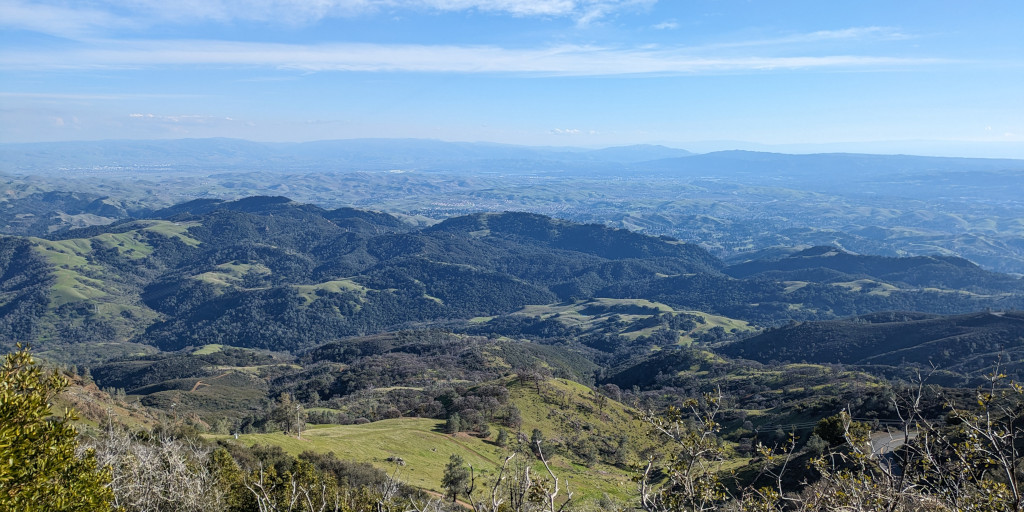For your information, a workshop on interdisciplinary research on wiki communities.
CALL FOR PAPERS
First Workshop on “Interdisciplinary Research on Wiki Communities”, on September 8, 2008, at WikiSym 2008, Porto, Portugal, September 8-10, 2008
Introduction
The array of approaches to studying wikis is a source of wealth but also a possible source of confusion: What are appropriate methodologies for the analysis of wiki communities? Which are the most critical parameters (both quantitative and qualitative) for study in wiki evolution and outcomes? Is it possible to find effective interdisciplinary approaches to augment our overall understanding of these dynamic creative environments?
This workshop intends to provide an opportunity to explore these questions by researchers and practitioners willing to participate in a “brainstorming research meeting”.
How To Participate
You are invited to submit a position paper (max. length 4 pages) showing methodologies, tools and challenges in this research area. Submissions will be reviewed for quality and relevance.
We plan to celebrate a dynamic brainstorming research session. If you’re attending WikiSym but didn’t submit a paper, you’re also invited to join the workshop.
Submissions should be sent to jfelipe_at_gsyc_dot_es and wiki_workshop_at_gsyc_dot_es. Submissions must follow the ACM SIG Proceedings Format: http://www.acm.org/sigs/pubs/proceed/template.html.
Important Dates
- Submission deadline: August 12.
- Notification of acceptance: August 19.
- Workshop date: September 8, 13:30-17:00 (time to be confirmed).
Goals
The main goal of this workshop is to provide an adequate forum for wiki researchers to:
- Present their own approaches for studying wiki communities from multiple perspectives (e-learning, sociology, content analysis, quantitative analysis and data mining, social networking, etc.).
- Explain the main problems they face when integrating different research approaches into a coherent line of research.
- Propose possible solutions in the form of tools, methodologies, research strategies and ways of collaboration that can be adopted to further such research.
- Exchange research ideas with colleagues who can provide novel points of view that could complement existing research initiatives.
An important outcome will be a charter to create a global virtual research planet on wiki communities. It will include wiki researchers, wiki research tools, wiki research bibliography, forums, blogs, wikis, etc. Its main objective will be to serve as a common meeting point and resource center for all researchers in this field.
Topics
Examples of relevant topics include, but are not limited to:
Practitioner studies:
- Research tools supporting quantitative analysis of wiki communities.
- Content quality, assessment, and author reputation.
- Social Network Analysis, web graphs, and visualization techniques for wiki communities.
- Technological innovation for supporting wiki communities (e.g., content distribution, P2P, security and authentication).
- Ontological and taxonomic technologies (lexical corpus and authorities, semantic searches, content categorization).
Reflections upon methodological and disciplinary experiences in studying wiki communities (e.g., sociology, education, knowledge management, economics).
- Dealing with human subjects review (IRB) or ethic guidelines (e.g., journalists interviewing versus oral historian)
- Issues on privacy and data retention. How do these issues vary across disciplines and countries (legal/regulatory issues)
- Did you try to submit your work to a journal in one discipline, have it rejected, but accepted in another? (And why was this so?)
- Have you had any experiences working with collaborators from other disciplines?
- Did you run into problems with your corpus of data and the tools people typically use in your discipline?
Agenda
In this context, the workshop organization will be threefold:
- Present a complete perspective of the current state-of-the-art of Wikipedia and wiki-based open communities from different points of view. This will be achieved by presentations of position papers explaining existing tools and research methods successfully applied to the analysis of wiki environments.
- Promote the creation of small working groups to consider the integration of distinct research strategies, including opportunities for interactions and feedback between researchers.
- A final plenary session to consider the different solutions proposed by the working groups, and summarizing a catalog of tools, methodologies and opportunities of collaboration that may be offered to wiki researchers wanting to undertake interdisciplinary analysis in this area.
A detailed agenda is available at http://libresoft.es/Activities/Research_activities/Workshop_WikiSym.
Organizers
Joseph Reagle – (NYU, USA)
Felipe Ortega – GSyC/Libresoft (Universidad Rey Juan Carlos, Spain)
Antonio J. Reinoso – GSyC/Libresoft (Universidad Rey Juan Carlos, Spain)
Rut Jesus – CPNSS (University of Copenhagen, Denmark)
Reviews Coordinator
Gregorio Robles – GSyC/Libresoft (Universidad Rey Juan Carlos, Spain).









Leave a Reply